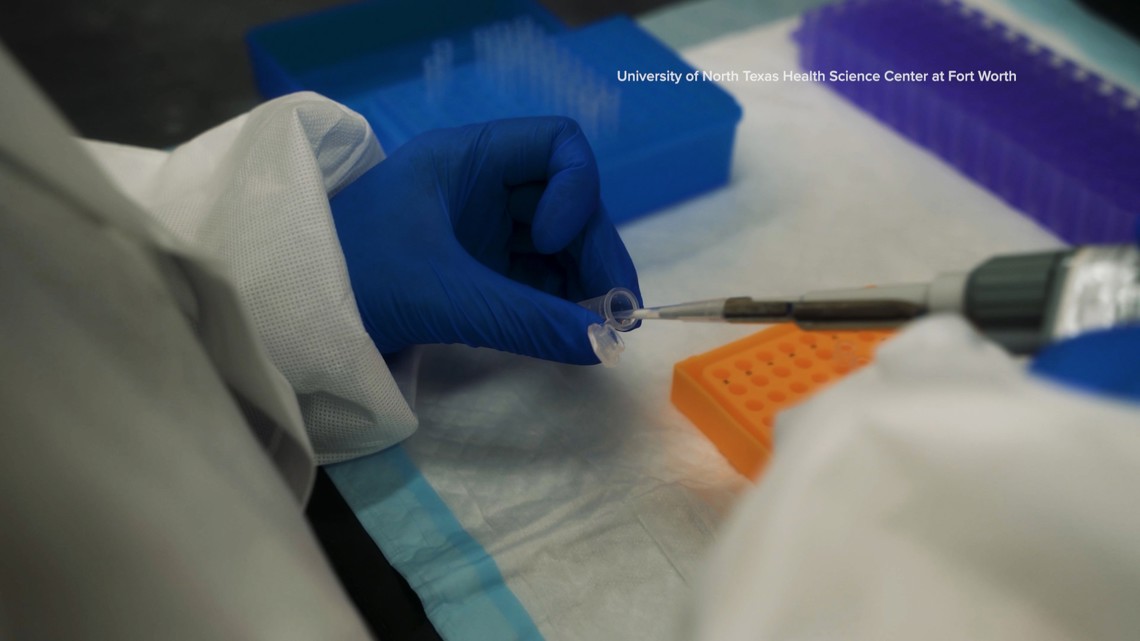
A North Texas lab worked around the clock to give families in the Hill Country much needed answers.
SAN ANTONIO — In July, DNA samples collected from flooding victims and their relatives were flown from Kerrville to the Center for Human Identification at the University of North Texas Center Health in Fort Worth.
KENS 5 learned new insight about the process.
“We are basically the DNA lab for the entire state of Texas for missing and unidentified,” said Dr. Michael Coble, executive director of the center.
Coble said he received a call from the state on July 4 requesting help to identify victims. The center mobilized a team of around 40 people.
“There were no questions asked. Everyone knew the importance,” Coble said. “They have families themselves. They knew there was a family waiting for me to do this work.”
He said they were running two shifts and said the process wasn’t with Rapid DNA testing.
“So, we had to do it, the old-fashion way,” he said. “It is the same way we are doing testing every day. We just wanted to accelerate that.”
Their goal was to return identifications to families within 24 hours.
“We were processing these samples 24 hours, around the clock,” Coble said.
The Texas Rangers transported DNA samples from both victims and family members directly to the Fort Worth lab. Coble said the first samples arrived on July 5.
“We would take them and start working immediately,” Coble said.
He said the identification process required two components: DNA from the victim and a sample from a close relative. As days went by, swabs couldn’t be taken due to the condition of the remains. Coble said medical examiners had to assist.
“We hoped to have a report, and often we were sending reports to the Texas Rangers at 2 or 3 in the morning,” Coble said. “That way, they could go to the families first thing in the morning and let them know.”
Over the course of nearly two weeks, the team helped identify 47 individuals, including adults and children, mostly through DNA testing alone.
“Our goal was to give the families an answer as quickly as we can,” Coble said.
It wasn’t just DNA; the team also did forensic comparisons with dental and fingerprints.
The Center for Human Identification previously assisted in the 2022 school shooting in Uvalde.
